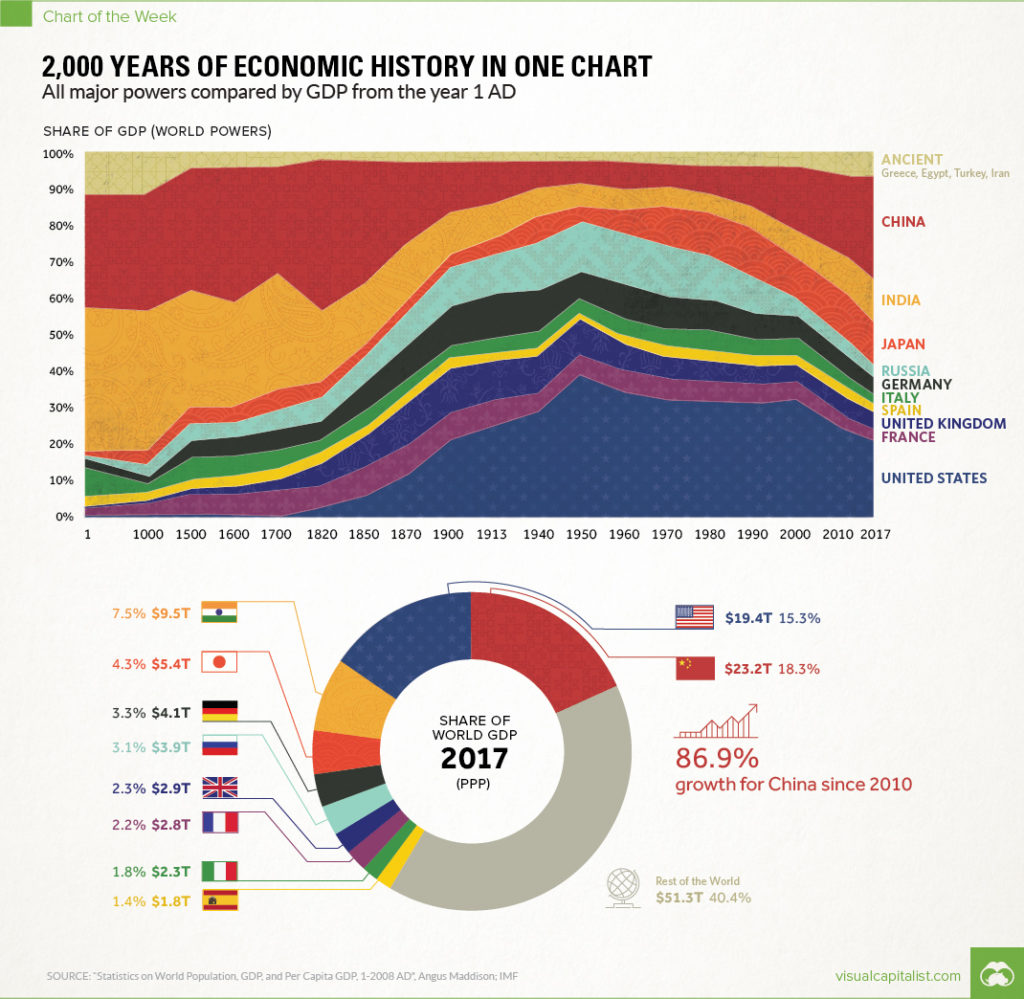Economics Action Group, North Carolina Democratic Party Progressive Caucus
A Short Crash Course in American Political Economy
Tony Wikrent, November 25, 2016 [Real Economics]
...Economic equality is basic to a republic because, the idea was, no person can be fully independent and be a good citizen if their livelihood depends to some extent or other on another person’s largess, benevolence, or tolerance. This was the basis of the fight between the Hamiltonians and the Jeffersonians. Jefferson believed that only farmers who owned their own land were independent enough to honestly exercise the duties of citizenship. Jefferson wanted to delay the advent of industrialization and subservient factory labor as long as possible. This is why Jefferson acceded to the Louisiana Purchase, which he would otherwise have opposed on the grounds that the federal government has no express power to acquire so vast territory. [2] With the Louisiana Purchase, yeoman squeezed out of the established eastern seaboard would be able to cross the mountains, and buy, steal, or somehow take the land of the native Americans and set themselves up as independent farmers, thus extending in both space and time Jefferson’s ideal agrarian republic.\
Hamilton, by contrast, understood that the economy could not be frozen in time and remain entirely agrarian. Industrialization HAD to not only proceed, but be encouraged [3], for the USA to have any chance of resisting the intrigues and hostility of the European powers – which remained committed to eradicating the American experiment in self-government until the US Civil War. (France and Spain landed troops in Mexico and Caribbean at the beginning of the war; the Mexican republic was eliminated and Maximilian, younger brother of Austrian emperor Francis Joseph I, was installed as puppet emperor. The British government of Lord Palmerston was preparing to land troops in Canada in 1862, but was deterred by the pro-USA street fighting in London and elsewhere which was led by the British allies of Italian revolutionary Giuseppe Garibaldi.)
Hamilton’s great insight was that economic development depended entirely on improving the productive powers of labor. This meant the development of science and technology, and the spread of machinery to replace muscle power, both animal and human. The correct view of Hamilton must be precise: it was not that Hamilton sought to encourage and protect wealth, but to encourage and protect the CREATION of wealth. (Read Section II, Subsection 2, “As to an extension of the use of Machinery...” in Hamilton’s December 1791 Report to Congress on the Subject of Manufactures, if you want something to read today.)
This is where Marxist analysis fails catastrophically. Yes, much of economic history is that of elites accumulating wealth through exploitation, fraud, and violence. BUT: how was that wealth which is stolen created in the first place? Thorstein Veblen, and his discussions of industrial organization versus business organization, are far more useful in understanding the COMPLETE economic story, not just the exploitation side of it....



